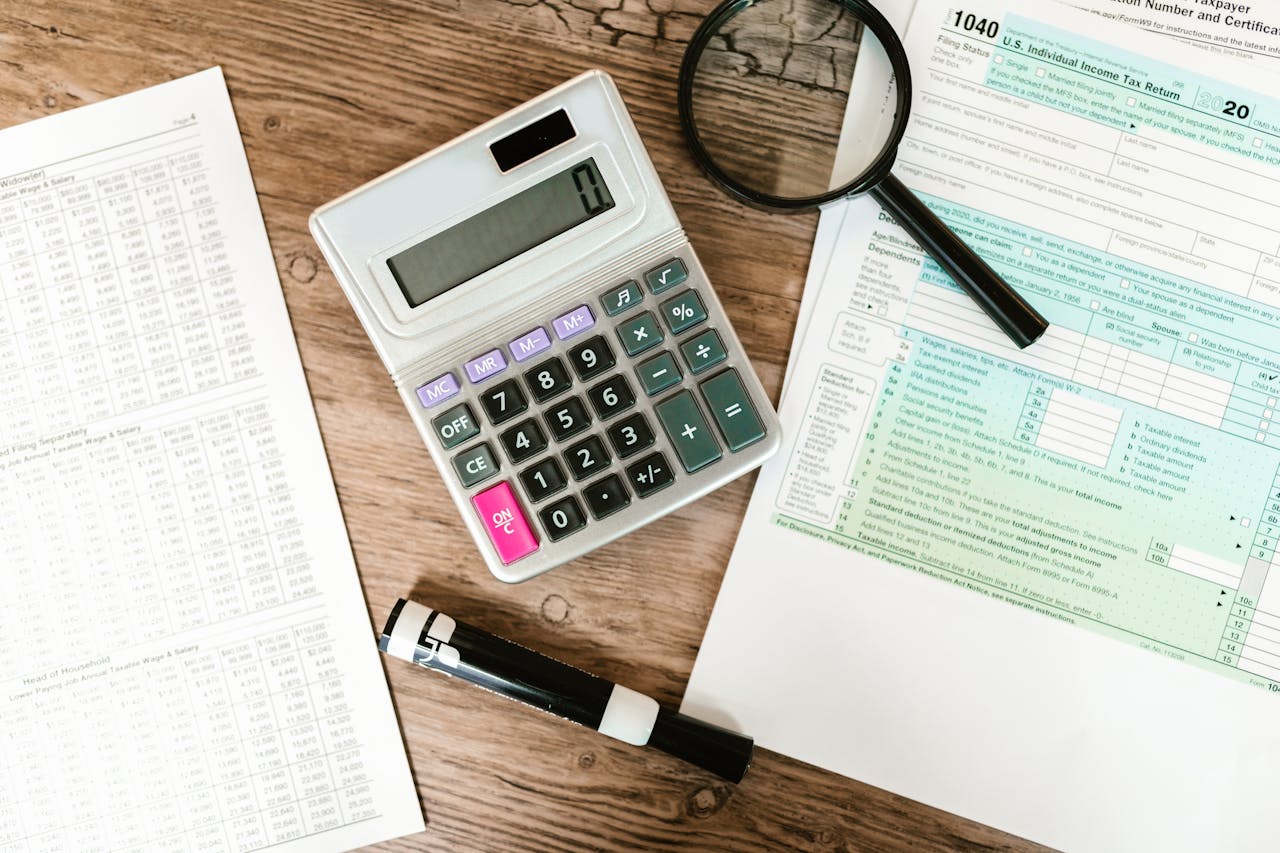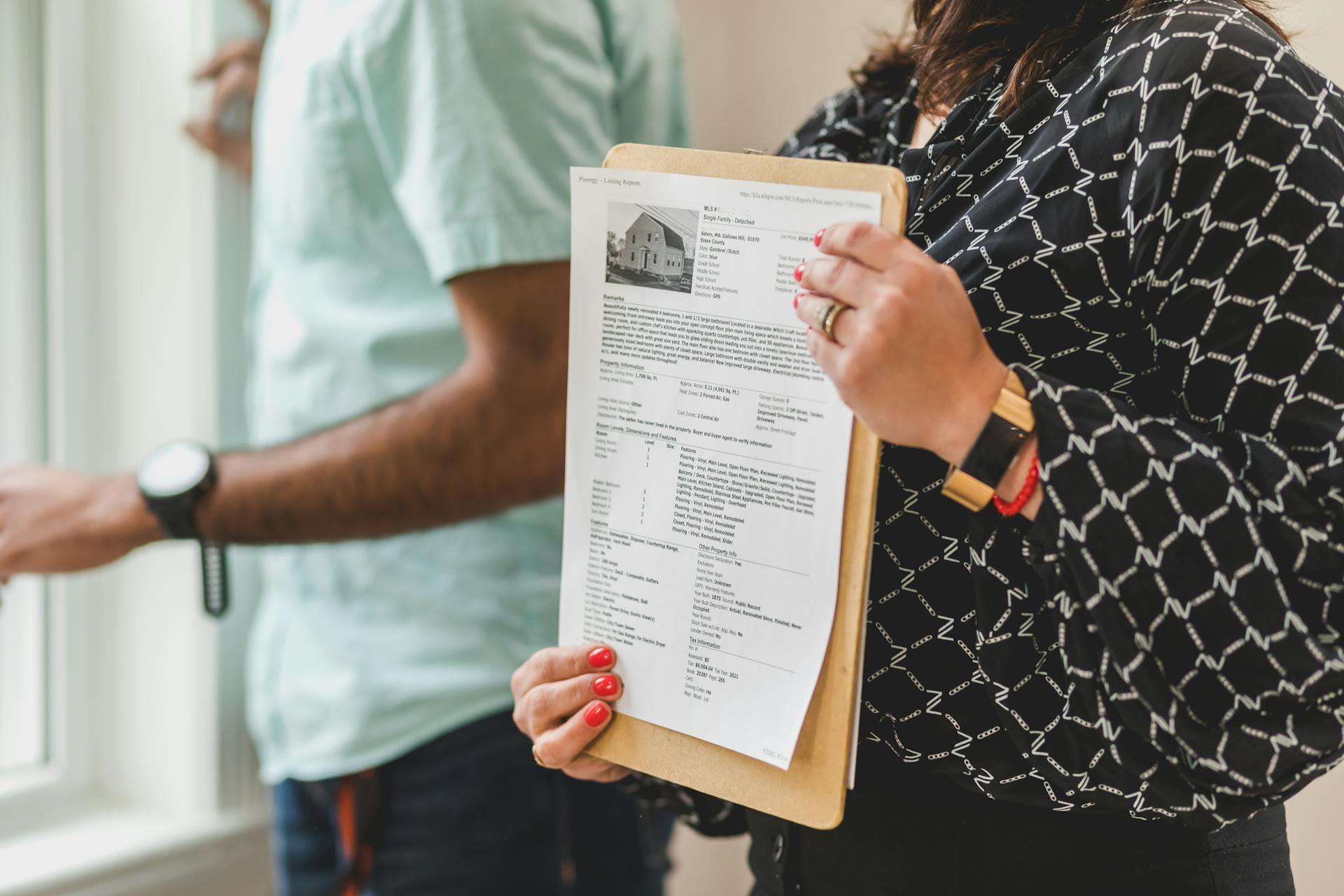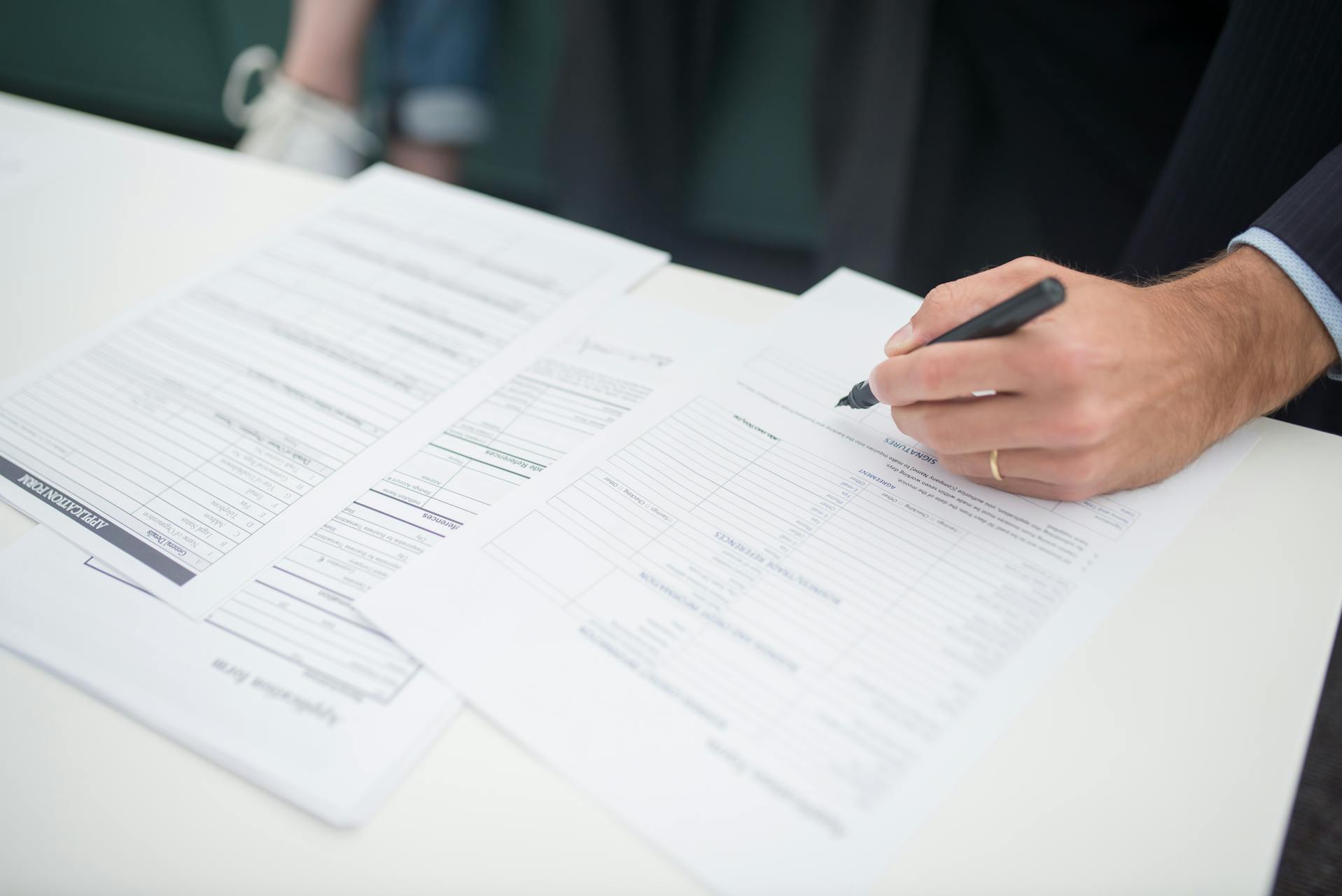best mortgage deal for you – one that you’ll have a good chance of being accepted for and with
the lowest interest rate and fees possible.

Are you a first-time home buyer?
Lenders will look to lend up to 95% loan-to-value, which is ideal for first-time purchasers.

Considering purchasing a new home?
On both houses and flats, lenders will look to lend up to 90% loan-to-value.

Are you ready to refinance your home?
A variety of cost-effective solutions are available, all of which include free valuations and legal advice.

Second or Vacation home?
Our lenders’ mortgages allow you to rent your home for up to 90 days per year on Airbnb.

Are you planning to retire soon?
Customers up to the age of 80 are considered, and the mortgage term is determined by the oldest customer.

Are you a high-earner or a recent graduate?
With our Professional Range, we could arrange to lend you more if you earn £100k per year (or £150k jointly) and have qualified in a qualifying profession within the last 10 years.


















-
There are no upfront costs.
-
Flexible payment terms can be arranged without an interview.
-
Access to the entire market on an independent basis
-
Fixed prices for a long time (Up to 10 years)
-
Principles agreed upon the same day
Our UK-based team is ready to assist you throughout the duration of your loan.
Importantly, you should always consider the total cost of the mortgage – the most competitive mortgage rates are typically accompanied with the highest fees, and you may find that it is cheaper to take out a mortgage with a higher interest rate but a lower fee.
You could also wish to chat with a mortgage broker who can assist you get the greatest deal for your unique situation.
- The money you borrow is referred to as capital.
- The charge made by the lender on the money you owe is called interest.
Interest-only – you begin by repaying the mortgage’s interest on a monthly basis, but at the conclusion of the term, you must refund the entire principal in one payment. If you choose this option, we’ll need to know how you plan to repay the capital in the end. It’s possible that you’re putting money into savings and investments on a monthly basis, which might include a pension payment.
Part repayment and part interest only – this option combines the two, so you’ll have paid off some but not all of the capital at the end of the term, and you’ll still need to figure out how to pay off the remaining sum.
Buying a home in England, Wales, or Scotland while you’re 18 or older (selected postcodes) & receiving a salary.
Our extensive mortgage portfolio
- Our mortgages are created with convenience and flexibility in mind.
- Loans of up to 95% of the purchase price or property value are available.
- Interest-only mortgages up to 75% of the purchase price or property value are taken into consideration.
- There is a re-mortgage package available, which includes a free standard valuation and the option of Legal Assist or refund.
- Large loans of up to £10 million are considered on a case-by-case basis.
From start to end, you’ll only deal with one person during the mortgage transaction.
Our underwriters take into account your unique personal circumstances. That means if you’re self-employed, a contractor, or have another reason for not being able to secure a mortgage, we can adopt a reasonable approach. The important thing is that we won’t lend you more money than you can reasonably pay back.
Re-Mortgage
There are a variety of reasons why you might want to re-mortgage your home; perhaps your current promotional rate has expired and you’re looking for a new deal; or perhaps you’d like to tap into the equity you’ve built up in your home. Our experts will be able to discuss your options with you, including whether a re-mortgage is the best option for you.
Proof of ID, Proof of Income, and Proof of Expenses are the three types of documents required. They need to know who you are, how much money you make, and how much money you spend.
Identification is required.
Your lender will need to know who you are and where you reside in order to process a mortgage application. You may need the following documents to show this:
To avoid problems, your current photo passport or driver’s licence should include your current address. Check the expiration date; you cannot use an expired form of identification.
Recent utility bill (gas/electric, etc.) – show the entire statement, not just the summary page.
Because these are difficult to come by in the digital age, you may have to download them or ask for a print copy from your provider.
The bank statement or credit card bill must be within the recent three months.
Keep in mind that the spelling of your name and address should be identical throughout all of these documents. They will be more trustworthy for the lender to utilise as evidence in this manner. You’ll also need their name on at least one of the utility bills if you’re buying with someone else and already live together.
Get numerous copies of these documents because your conveyance solicitor will require them as well. It’s possible that you’ll have to have them certified by a professional or at the post office.
Income Documentation
Your lender will need to know your salary in order to determine what you can afford when you submit a mortgage application. You may require different types of documents depending on the type of income you receive.
If you work on a PAYE basis:
Payslips – These must be no more than three months old (up to six weeks if you are paid weekly) and must include your name and the name of your employer, as well as the payment date, net pay, and gross pay.
If you’ve just started a new job or haven’t been in your current position for very long, they may ask to see your P60 documentation to confirm you’ve been working.
If you’re self-employed, you should:
HM Revenue and Customs (HMRC) can provide self-assessed tax return forms (SA302) and tax year overviews, which must both cover the same time period and be no more than two years old.
An accountant’s certificate can be obtained from your bank or lender and must be completed by a professionally trained UK accountant.
Receipts of Expenses
Before processing your application, your lender will need to know about your outgoing expenses in addition to your income. This is due to the fact that frequent payments such as school fees, travel, and other expenses may have an impact on how much you can afford to repay each month.
They’ll need the following items to display this information:
Bank statement – this must be from the last three months, clearly readable, and unaltered in any manner. They’ll almost certainly want to see your entire statement, including your correct name and location as well as a running balance.
Remember that they may want to know about any unexpected or unclear purchases or revenues you’ve made, so be ready to talk about topics that are personal to you. Your lender should keep this information private and not disclose it with anyone.
When applying for a mortgage, you may be required to submit a substantial amount of paperwork. Check names on utility bills, make sure your entire ID is up to date, and be prepared to create many copies to make this as simple as possible. Similarly, having internet banking set up and being able to see your payslips online will make things easier.
It’s also worth noting that, because you’re applying for a mortgage in the United Kingdom, all of this documentation should be in English; any that isn’t will need to be translated by a reputable translation firm and labelled as such.
If you’ve never applied for a mortgage before, it might be a confusing process, but you can always go to a mortgage broker to obtain guidance on the best options for you. Your application procedure will go much more smoothly if you have all of your paperwork ready ahead of time.
Speak with an expert mortgage broker to learn more about mortgages.
- Mortgage Calculators
- Vehicle Refinance
- Vehicle Finance
- Vehicle Leasing
- Commercial Mortgage
- Bridging Loan
- Buy To Let
- Development Finance
- Second Charge
- First Time Buyer
- Poor Credit Mortage
- Building Insurance
- Mortgage Protection
- Life Assurance
- Business Protection
- Asset Finance
- Capital Release
- Invoice Financing
- FAQs
- Forms
- Commercial Finance
- Residential Mortgage
- Homeowner
- Specialist Finance
- Insurance
- Business Finance
- Asset Finance
- Tax Relief
- Invoice Financing
- Vehicle Finance
- Mortgage Calculators
- Vehicle HP Calculator
- Vehicle PCP Calculator
- Mortgage Forms
- Bridging Loan Form
- Buy To Let Forms
- Second Charge Forms
- Commercial Forms
If you do not agree to be bound by the Terms set out below you should not use this website.
